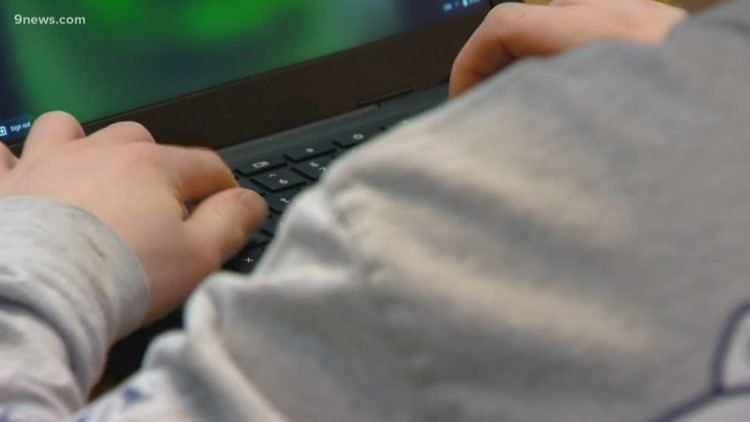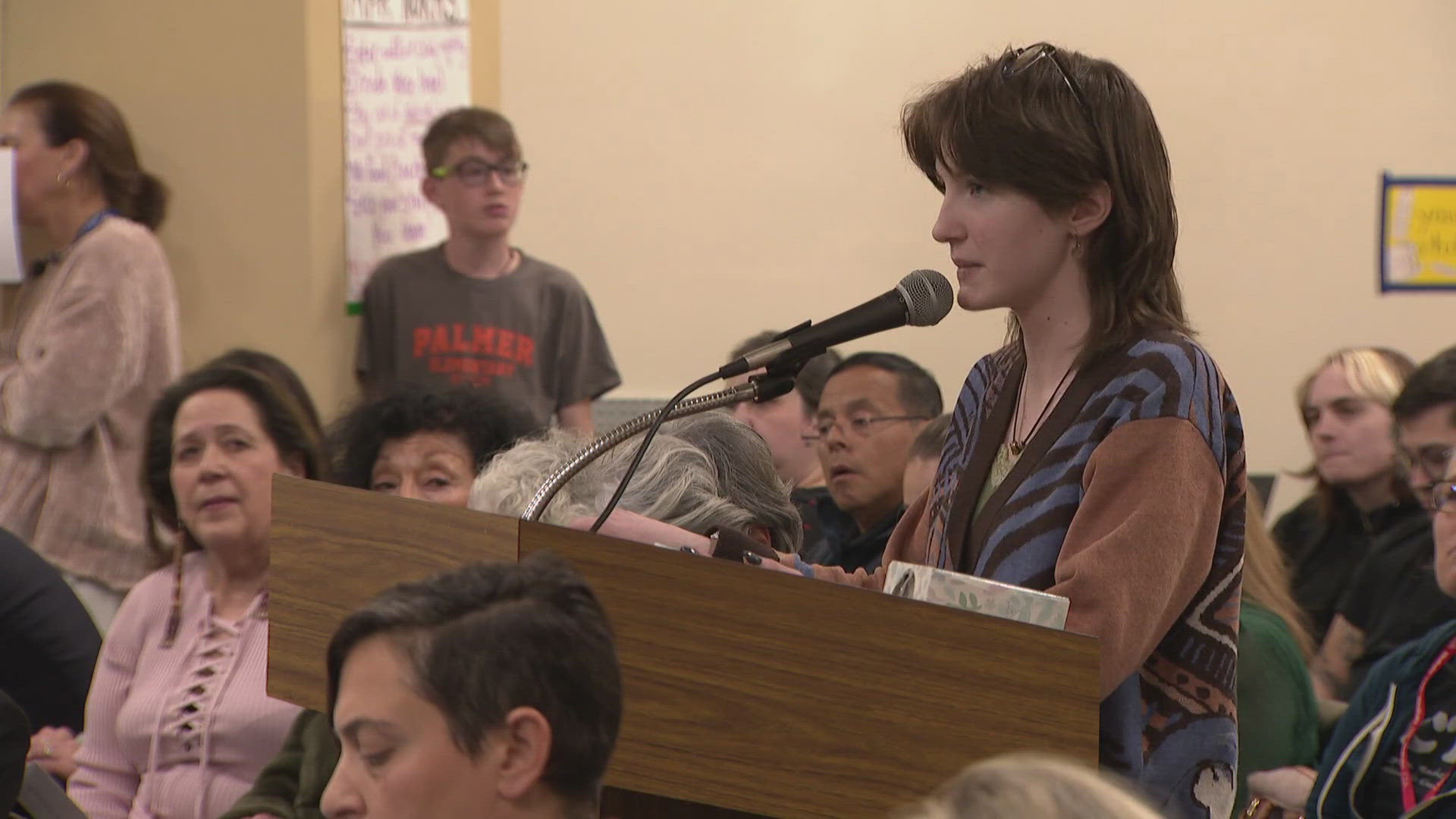DENVER — Colorado education leaders are pushing for more federal funding to help address the state's digital divide as the possibility of remote learning during the new school year looms due to the coronavirus pandemic.
"In many ways, virtually everything has changed from where we were at this point last year," said Denver Public Schools Superintendent Susana Cordova. "It's a very, very different scenario that we are facing."
Education and workforce development leaders hosted a remote briefing at 10 a.m. and discussed how stimulus funding from Congress could address the state’s digital divide and improve students’ ability to join online classes during the pandemic, as well as speed the economic recovery.
Cordova said last year when schools shut down, they had to rush to get reliable internet and computer access to all students in the district. She said many had those things, but that a disproportionately number of low-income and families of color did not have them.
She said they now have enough computers for all students and said current students were allowed to keep theirs over the summer so they would not have to redistribute them this fall ahead of the new school year.
She said only 93% of families have reliable internet access and said they're working to address that to reach 100%. Cordova said more needs to be done by lawmakers to address the issue.
"We think it's important that we have not just a district, but a legislative effort to fix this, to make sure that this becomes something like a utility," Cordova said. "Internet should be open and available to all of our families."
The session lasted about 30 minutes and included a Q&A session with Cordova, Rebecca Holmes, CEO of the Colorado Education Initiative (CEI); and Lee Wheeler-Berliner, managing director of the Colorado Workforce Development Council.
Cordova said the technology gap needs to be thought about long-term and not just during a global pandemic.
"When we think about the access to technology gap and what that does to ongoing 24-hour real-time learning for kids, the students who grow up with devices in their home are able to continue their learning real-time all the time," Cordova said.
CEI, a non-profit, said it found that schools have not made technology access for its youngest students (kindergarten, first and second grade) a priority. That became problematic when remote learning was required.
CEI also said while the need for computers has lessened, districts will now have to cover the ongoing costs of maintenance and repairs for all those new devices.
In May, the U.S. House of Representatives passed the HEROES Act, which included $1.5 billion for schools and libraries to purchase devices such as tablets, laptops or WiFi hotspots for students. However, the U.S. Senate has not taken action on the legislation. Advocates are urging the U.S. Senate to increase related funding to $4 billion, which would help the nation come closer to bridging the digital divide.
More than 54,000 Colorado students in grades K-12 don’t have a laptop or desktop at home, according to a report from the Colorado Futures Center. More than half of those children live in households earning $50,000 or less annually. Without such access, it is nearly impossible for them to join their online classes and complete assignments.
DPS, like many other districts across the state, plans to reopen schools for in-person learning in the fall. The district is also offering families the option to continue with a fully online program for those who prefer that option.
Cordova said the program will be much structured than what was put into place last spring and will be run more like an online school where they will really emphasize real-time classes, which saw more engagement and participation.
Those students will need the proper technology and access. In addition, there is a chance during the school year that any group of students may need to move to online learning if a case of COVID-19 is identified. They would also need to be prepared with the proper tools and internet access.
Without additional funds, the academic slide from this past school year will become even more pronounced for the most vulnerable students, according to education officials.
“The COVID-19 crisis has created an immediate need for the federal government to fund high speed internet access, laptops and WiFi hotspots for all students,” said Cordova. “Internet access is a necessity for students in Denver and across Colorado. Students and families who choose remote learning will rely on these resources for education, engagement with their teachers and connection with their classmates.”
SUGGESTED VIDEOS: COVID-19 Coronavirus



